The interminable pandemic in-between
Is the coronavirus emergency behind us? How can we know for sure?

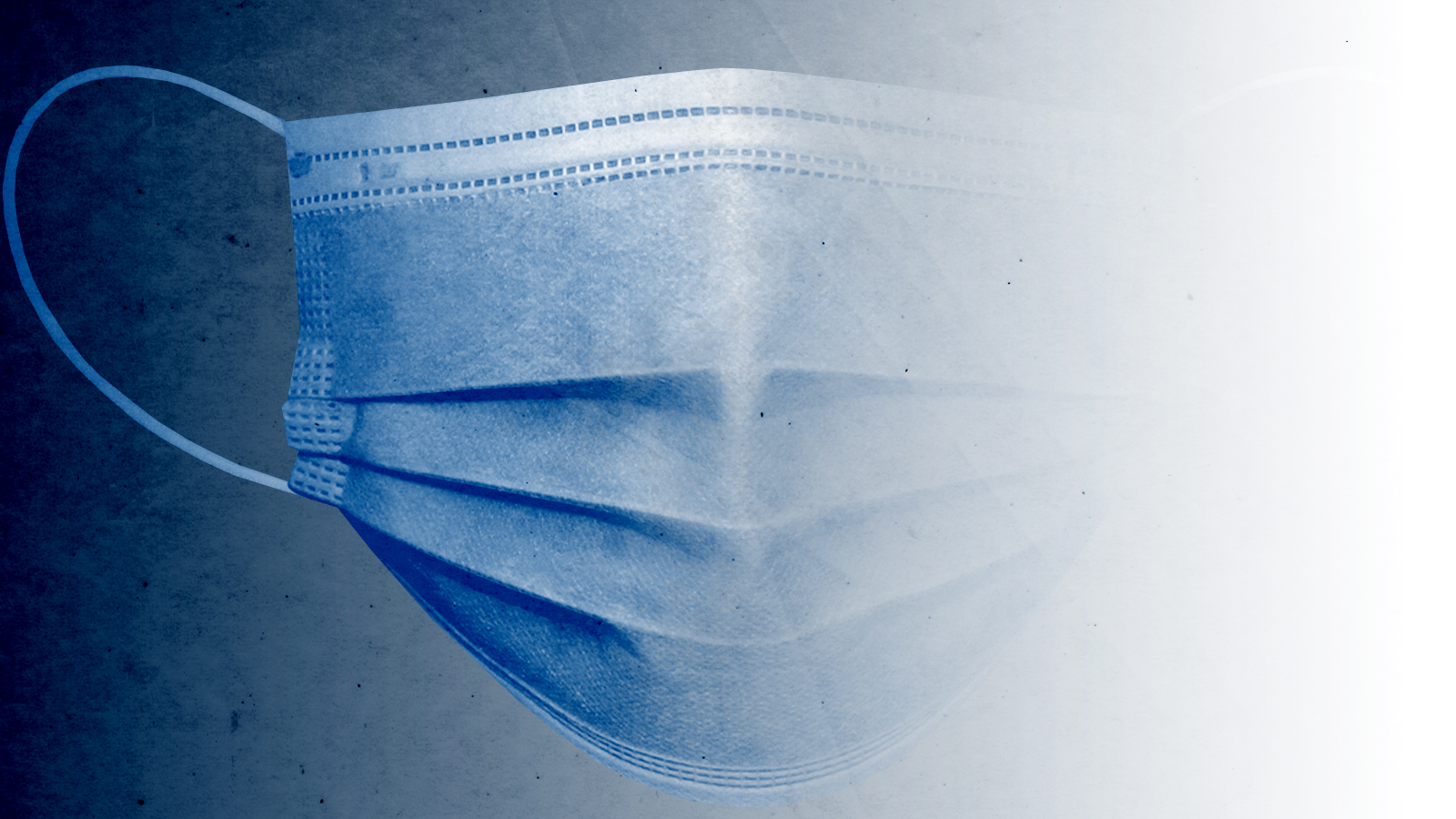
A free daily email with the biggest news stories of the day – and the best features from TheWeek.com
You are now subscribed
Your newsletter sign-up was successful
"Wake me when it's over."
I had that thought a lot during the hard lockdown of spring 2020, and then occasionally through America's summer surge in COVID-19 cases, and then again as daily deaths spiked to horrifying heights between Nov. 2020 and Feb. 2021. But toward the end of that window the feeling waned. I no longer wanted to slumber through the present like Rip Van Winkle, to be roused only once a happier future had arrived — one where my children could go back to school, and I could travel, or go shopping for a loved one's birthday present, without fear of contracting a potentially fatal illness. Vaccines had arrived, which meant the end was in sight. Soon the pandemic would be over. Soon the world would return to normal.
But when, exactly?
The Week
Escape your echo chamber. Get the facts behind the news, plus analysis from multiple perspectives.

Sign up for The Week's Free Newsletters
From our morning news briefing to a weekly Good News Newsletter, get the best of The Week delivered directly to your inbox.
From our morning news briefing to a weekly Good News Newsletter, get the best of The Week delivered directly to your inbox.
The strange thing about pandemics is that they have clear beginnings but murky endings. We all remember Wednesday, March 11, 2020. That was the night Donald Trump addressed the nation to announce that flights between the U.S. and Europe would be halted, and the NBA announced its season was being suspended. My kids were dismissed from school early the following day. They wouldn't set foot in a classroom again until the following fall — and then only sporadically.
That makes the second week of March 2020 a pretty good marker of when the pandemic truly started in the United States. But when did it end? Or if it hasn't reached a conclusion yet, when will it happen?
A few weeks ago, Israel looked like it had just about emerged on the far side of the pandemic, with daily new cases dropping close to zero. Same with the United Kingdom. But now numbers are rising again in both countries, as the more contagious Delta variant takes hold among those who have yet to be vaccinated. How long before that begins to happen here, where so many refuse this miracle of modern medicine? (As of early this week, just 45.2 percent of the country has been fully vaccinated.)
This isn't to say we haven't turned some kind of corner. Several thousand Americans were dying every day last winter. Now the number is a few hundred. Where I live, in the Philadelphia suburbs, life certainly feels very different than it did a year or even a month ago. It was just six weeks ago that my wife and I ate our first indoor meal in a restaurant in 15 months. I now shop for groceries without a mask. This past Sunday night in New York City, the rock band Foo Fighters held the first full-capacity concert at Madison Square Garden in 460 days. In September, my kids are set to attend a rescheduled rock concert at the Wells Fargo Center in Philly.
A free daily email with the biggest news stories of the day – and the best features from TheWeek.com
So are we back to normal? Not really. My daughter missed the last few months of eighth grade when the pandemic struck and just last week completed her freshman year of high school. She spent most of the last three months of the year back in the classroom, for which we are grateful. But masks were mandatory, as were occasional reversions to virtual instruction when someone tested positive in a specific grade or class. Students ate lunch spaced six feet apart and walked to class in halls and stairways designated for one-way foot traffic. Will all of this really have disappeared by Labor Day, when she will begin her sophomore year? How much of her adolescence will be lived in the midst of an interminable public-health crisis?
These are in-between days — days poised precariously between death and life, lockdown and liberation, danger and safety, anxiety and reassurance, emergency and normalcy.
But what is "normal" anyway?
They say you can get used to anything, and I suspect it's true. Just think of the countless memoirs of suffering and hardship many multiples worse than anything most of us have endured these past 15 months — and then ponder how what counts as normal has changed since March 2020.
To focus on the trivial, I never owned a mask before spring 2020, and I certainly never carried one around in my back pocket at all times. But I do now, just in case I need it, or if I feel conspicuous in a place where most others are still wearing them. I've been vaccinated, and so has my immediate family, so I have no reason to fear for myself or others. Yet life is now a patchwork and ever-shifting blend of closed and open, restricted and unrestricted, covered and uncovered. Some stores still require masks. Others actively discourage them. All the members of my family have photos of their vaccination cards on their phones, ready to be shown upon request to anyone who might view any of us as a threat.
But what about everyone else? Is my neighbor immunocompromised? Why else would he continue to wear a mask every time I see him outside the house? Or might he be an antivaxxer? Or just paranoid and unreasonably fearful about his health? How do I feel regarding his decision about what he wears on his face? What does it say about him? And about the common world we both inhabit?
Americans tend to default to individualism. I know what's best for me; you take care of yourself and leave me alone. But pandemics are profoundly social events, with the pathogen moving from person to person, and family to family, in public spaces. Those are the spaces where we now enact our betweenness — in workplaces and schools; in restaurants and malls; in doctor's offices and hospitals; in mass transit hubs; on buses, trains, and planes; in places of worship; in theaters gathered for movies and plays; and in concert halls and sports arenas.
Like our unevenly reviving economy, with demand and supply, and markets for goods and services, expanding and contracting in scattershot, unpredictable ways from sector to sector and region to region, our social world is a confused mess of contrary signs and signals. Do all the stuff you used to do! But be extra cautious! Enjoy your freedom! But don't be irresponsible!
When will the emergency be fully behind us? When I live my first day without encountering a single sign informing me of public-health rules and restrictions. And when, once such warnings finally have receded, I no longer notice their absence. That's when the specter of illness and death will no longer hover in the background of everything we do out in the social world.
Everything ends. Pandemics, too, even if it's hard to say precisely when. The Spanish flu washed over the world in three pestilential waves during 1918 and 1919. While it was going on, it must have felt interminable, its ending hellishly, pitilessly elusive. But one day, eventually, it was gone. It had become the past. History. No longer present. The persistent "between" replaced by a wholly new "now" that didn't include a plague as a macabre companion, lurking ominously in the shadows.
We're not there yet. But it will arrive eventually. There was a before. There will be an after. Even if, for now, there is only a between.
Damon Linker is a senior correspondent at TheWeek.com. He is also a former contributing editor at The New Republic and the author of The Theocons and The Religious Test.
-
 Nuuk becomes ground zero for Greenland’s diplomatic straits
Nuuk becomes ground zero for Greenland’s diplomatic straitsIN THE SPOTLIGHT A flurry of new consular activity in the remote Danish protectorate shows how important Greenland has become to Europeans’ anxiety about American imperialism
-
 ‘This is something that happens all too often’
‘This is something that happens all too often’Instant Opinion Opinion, comment and editorials of the day
-
 House votes to end Trump’s Canada tariffs
House votes to end Trump’s Canada tariffsSpeed Read Six Republicans joined with Democrats to repeal the president’s tariffs
-
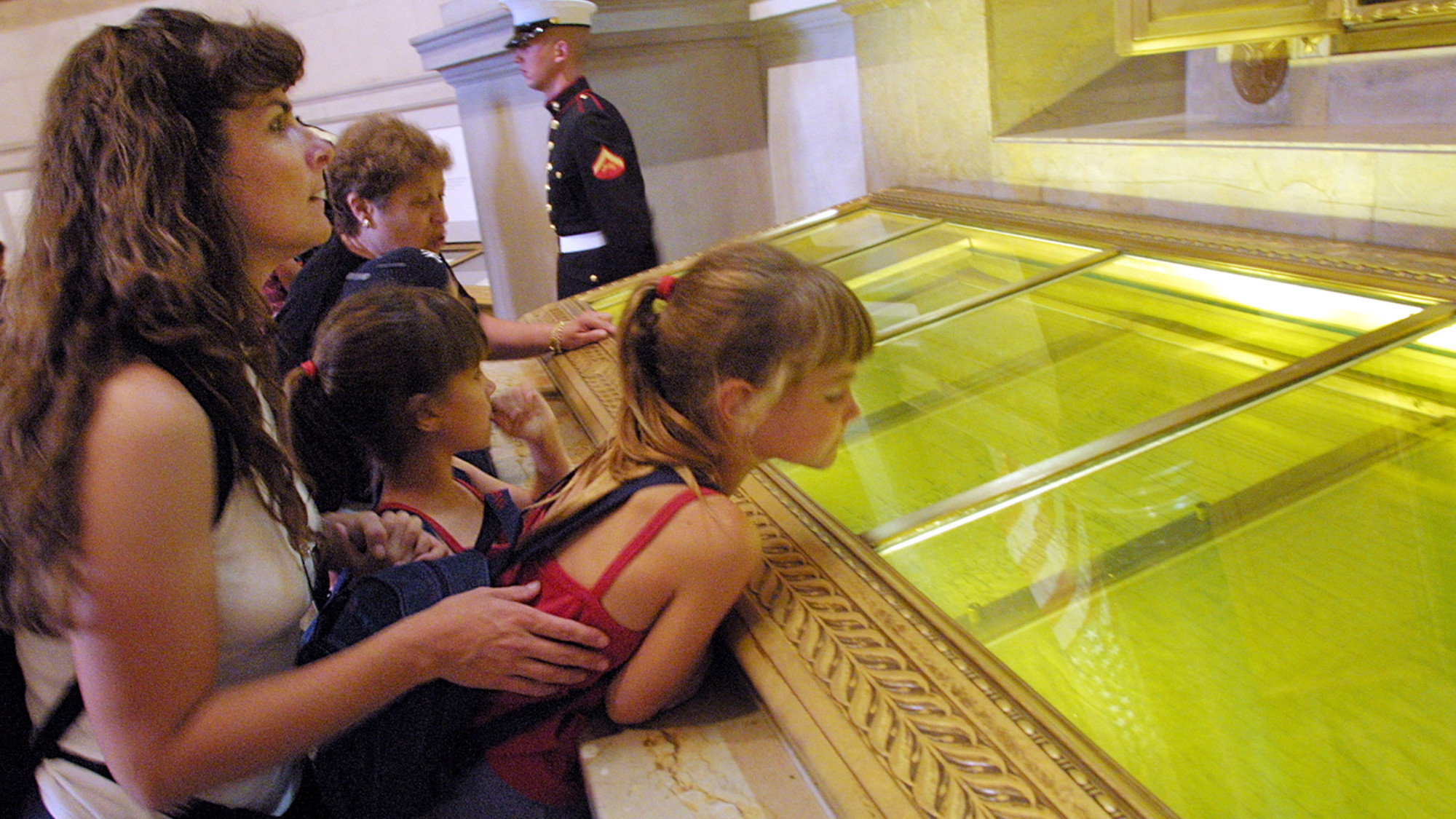 Book reviews: ‘We the People: A History of the U.S. Constitution’ and ‘Will There Ever Be Another You’
Book reviews: ‘We the People: A History of the U.S. Constitution’ and ‘Will There Ever Be Another You’Feature The many attempts to amend the U.S. Constitution and Patricia Lockwood’s struggle with long Covid
-
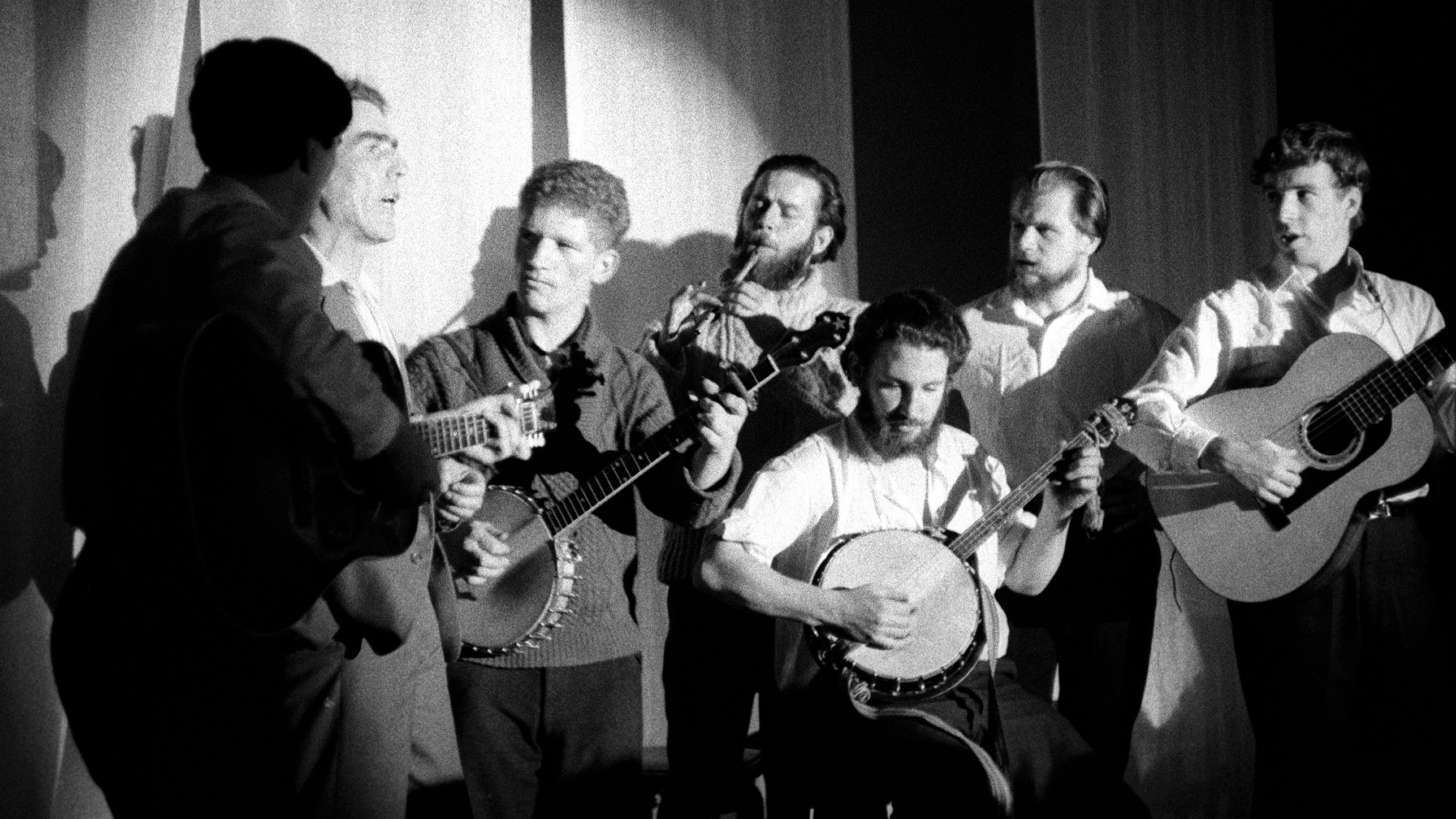 Why Irish traditional music is having a moment
Why Irish traditional music is having a momentIn The Spotlight Frustrations with isolation and technology credited for reviving 'auld' trad tunes
-
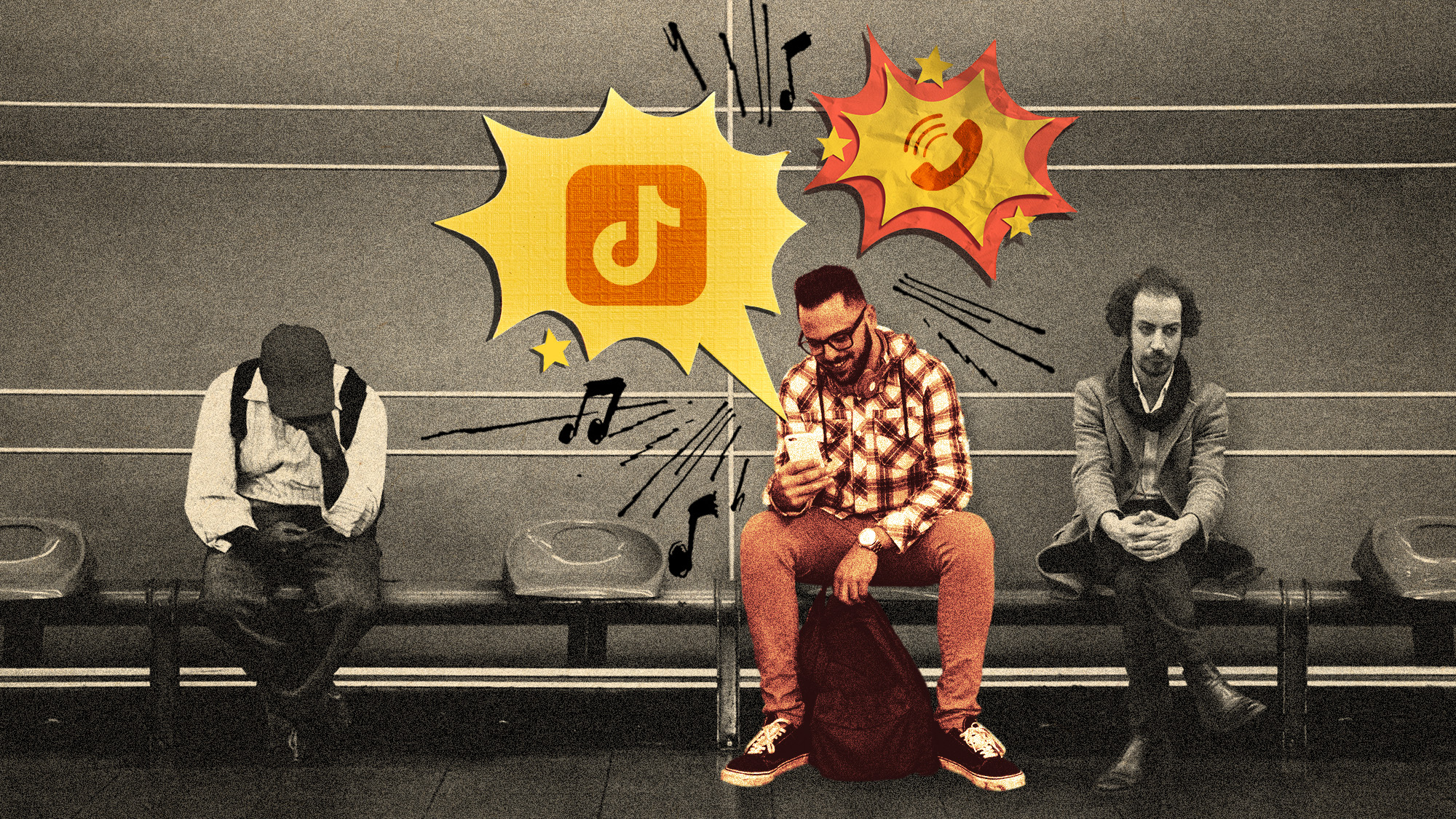 A not-so-quiet place: Why is no one using headphones in public anymore?
A not-so-quiet place: Why is no one using headphones in public anymore?Under the Radar People are increasingly comfortable with both speakerphone and watching videos (very) out loud
-
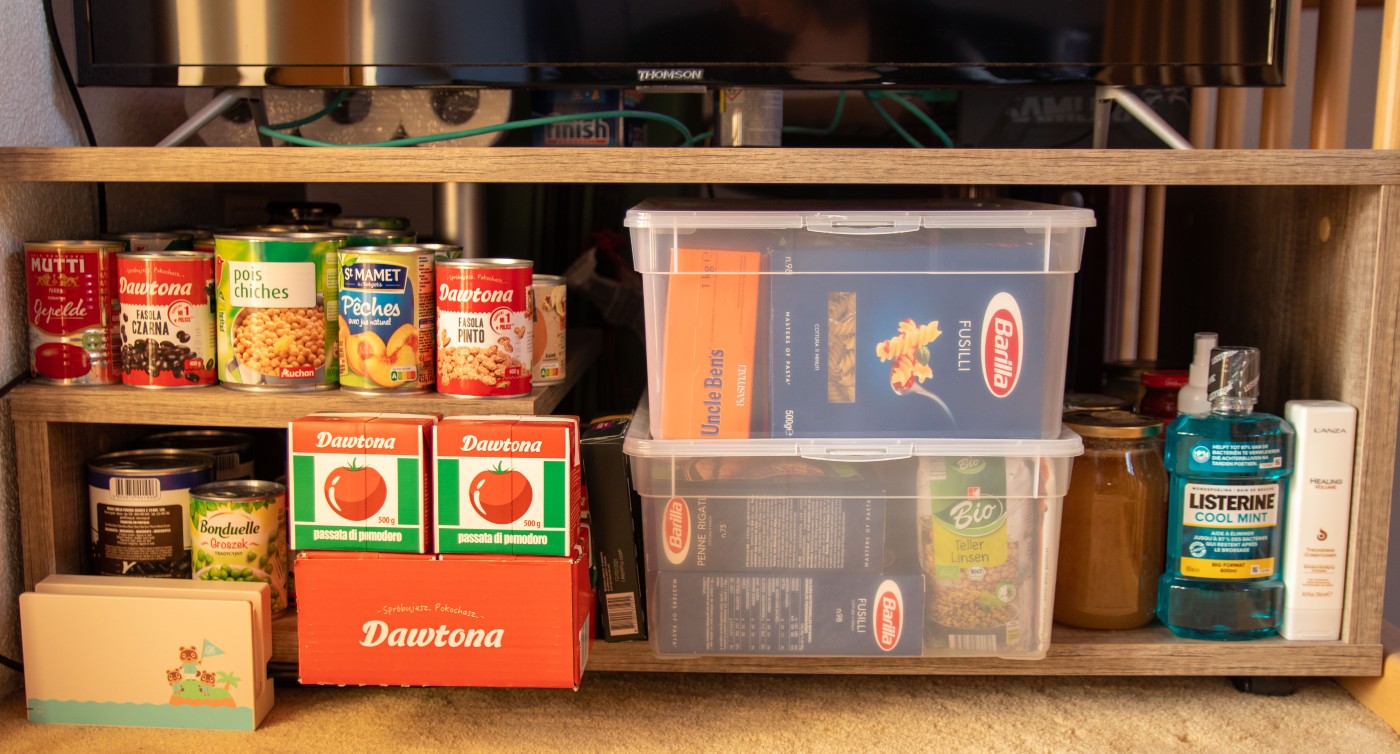 Gas masks and loo rolls: why 'preppers' are on the rise
Gas masks and loo rolls: why 'preppers' are on the riseUnder The Radar Doomsday community has expanded from 'Rambo wannabes' to 'Tesco regulars'
-
 Breathtaking: the Covid drama that may make you scream
Breathtaking: the Covid drama that may make you screamThe Week Recommends ITV three-parter is a 'tour de force' that exposes 'political complacency'
-
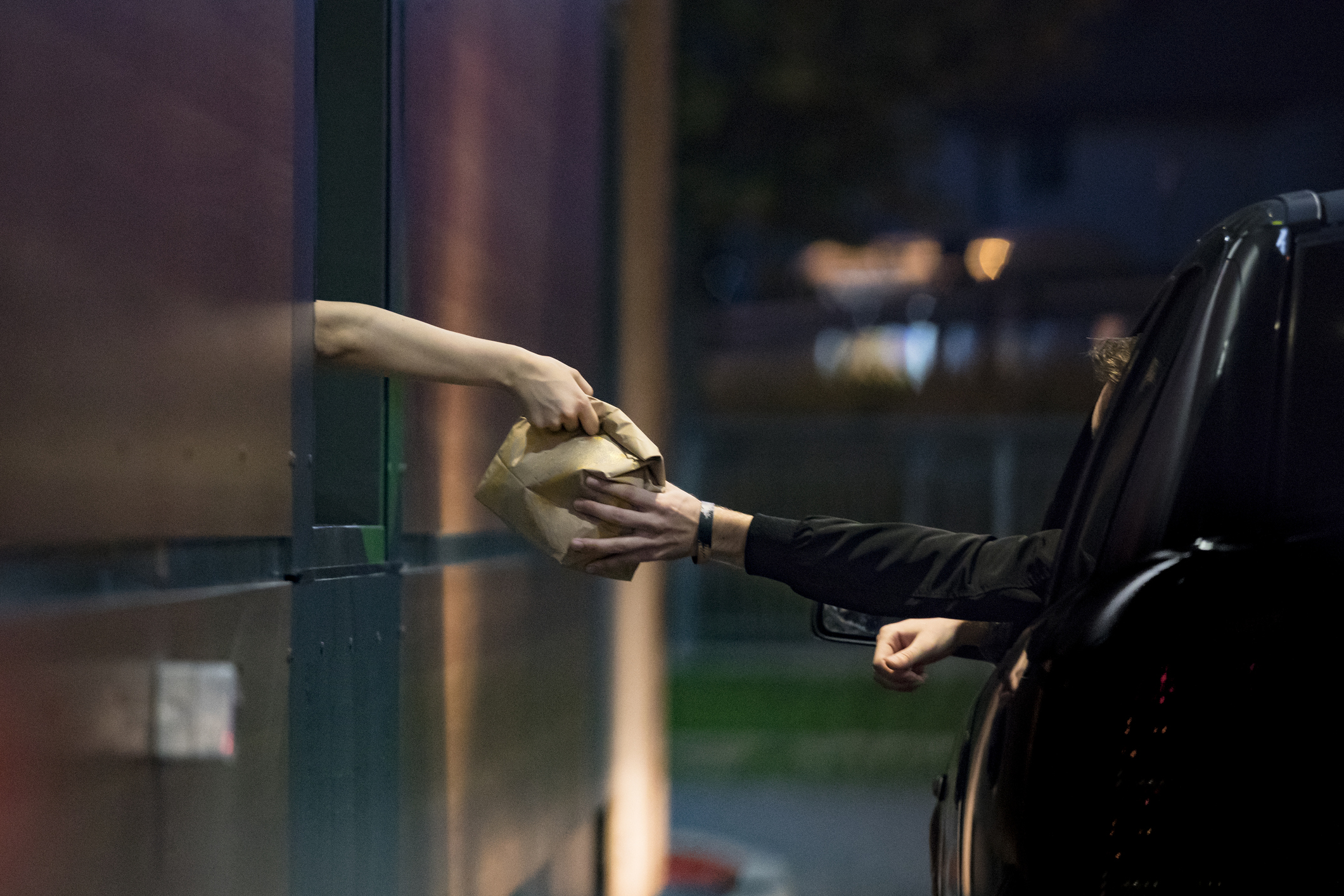 The lasting changes of the post-pandemic dining era
The lasting changes of the post-pandemic dining eraThe Explainer The newest of new normals
-
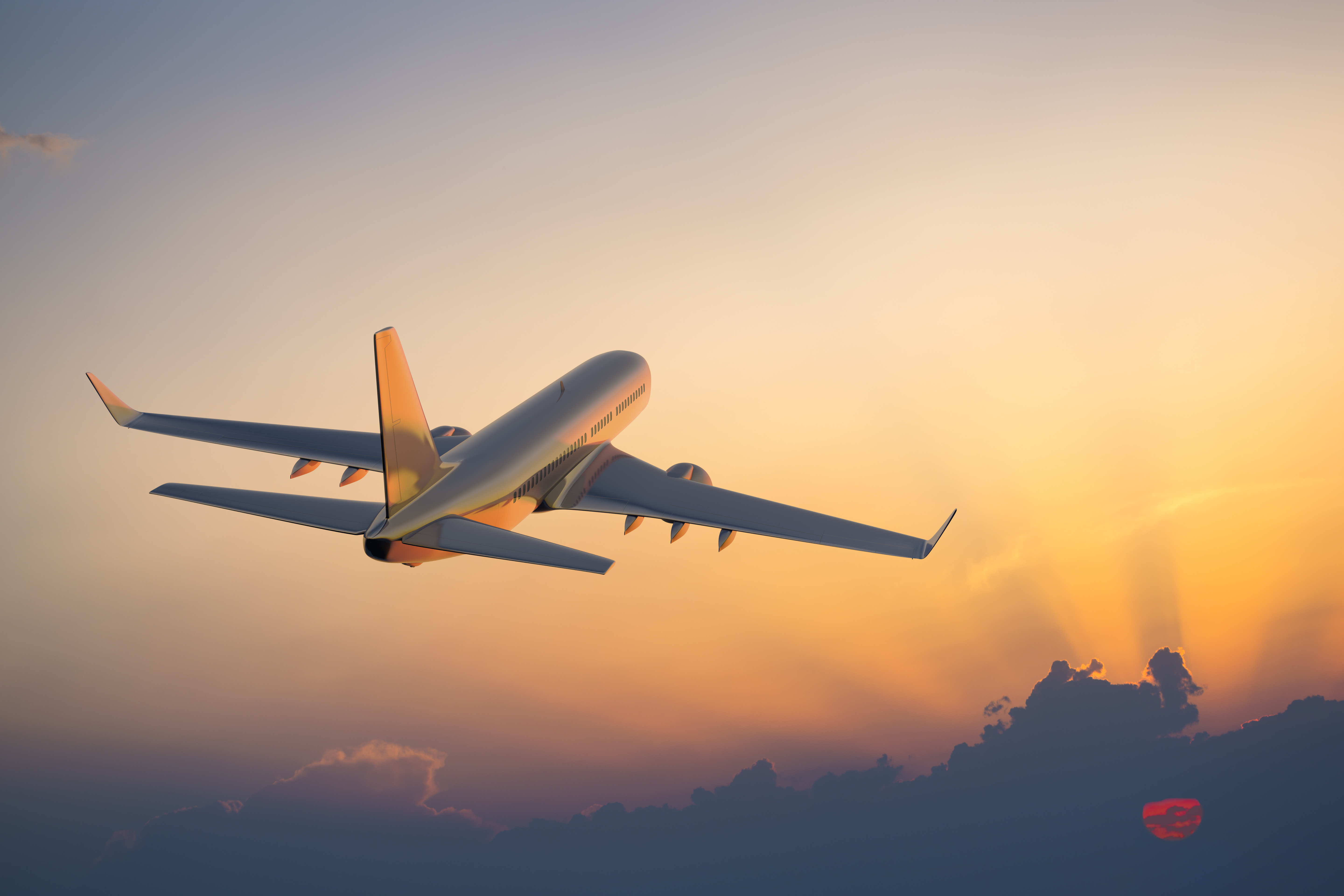 How revenge travel is impacting the aviation and tourism industries
How revenge travel is impacting the aviation and tourism industriesTalking Point The surge in travel is a far cry from the previous pandemic years during which travel took a hit
-
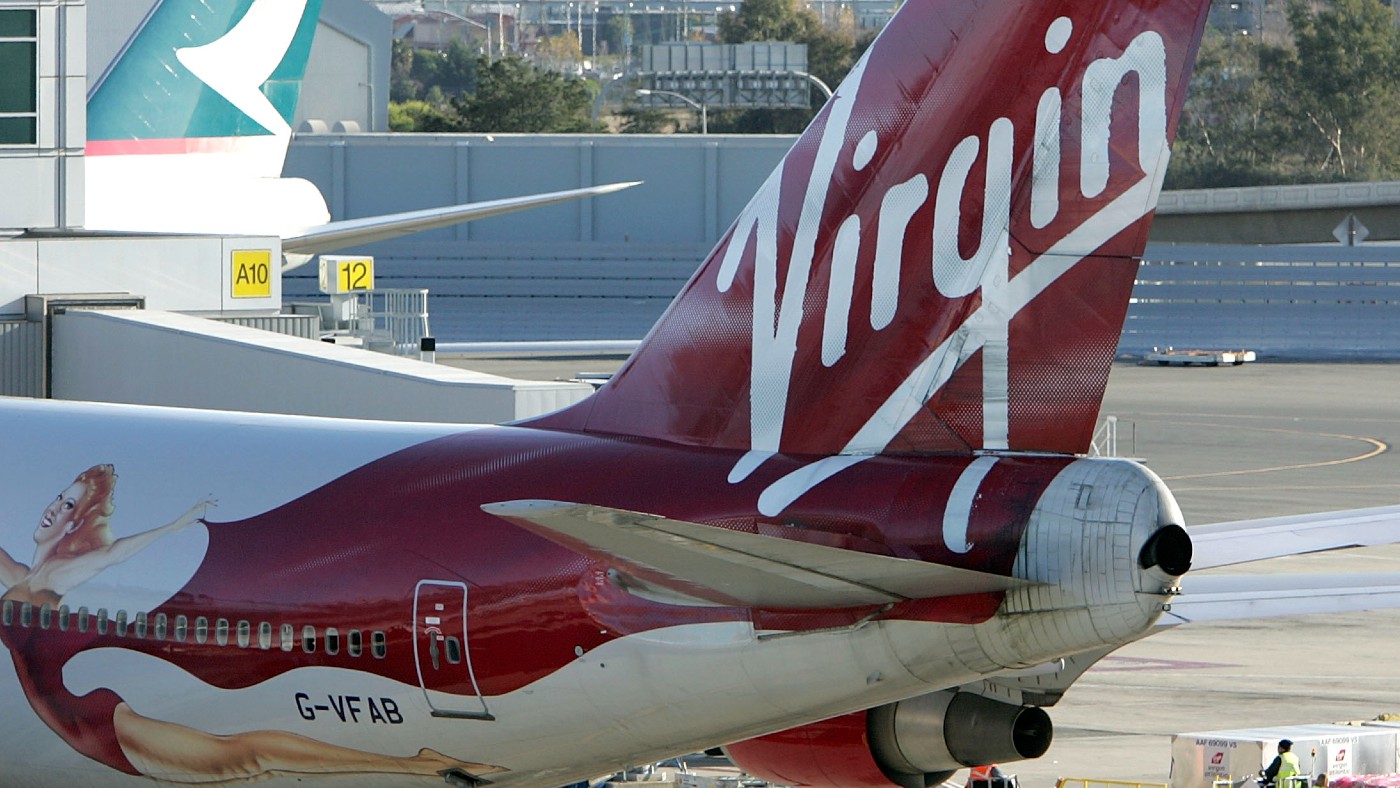 Virgin Atlantic fined for violating Iraqi airspace
Virgin Atlantic fined for violating Iraqi airspaceSpeed Read Airline said the incursions were accidental and caused by the Covid-19 pandemic
